Taboo-Transgression-Transcendence (TTT): “Rethinking the Wolf” in Malta
Published 18 September 2023 by Cherise Fong
Spotlighting its legendary themes of Taboo-Transgression-Transcendence in Art & Science, the 5th TTT Interdisciplinary Conference takes place from September 27 to 29 at the historical Malta Society of Arts in Valetta, Greece. TTT founder and director Dalila Honorato spoke with Makery before the opening of TTT 2023.
Makery: It must be exciting to hold the very performance-oriented TTT conference in real space again, and for the first time in Malta?
Dalila Honorato: Malta is this mythological place, there’s a lot of connections with the Odyssey, and with the Knights. It has a kind of symbolic dimension. At the same time its post-colonial period is very recent, because Malta has only been an independent state since the 1960s.
But it’s also a place where the words Taboo-Transgression-Transcendence were put together for the first time. I was in Malta back in 2015 doing my sabbatical, and that’s where the conference was conceived. So it’s almost like a maternal act. I feel like the salmon going back up the river.
My feeling when the conference happens is that somehow there’s a difference in the gravitation of the Earth, like constellations of stars that join together. It’s a beautiful group of weird people – very proud, very sensitive, very strong people – with an enormous ability to also open up and reveal all these things. So we try not to have video cameras, we try to give privacy during the [performance] talks, so that people can do what they want to do.
Makery: How will you be occupying the historical Palazzo de La Salle building in the heart of Valetta?
Dalila Honorato: It’s an incredible space with a very interesting history; one gets lost in the details. It was donated to the Malta Society of Arts [Malta’s oldest institution for the promotion of the arts and crafts, established in 1852], so we owe them the respect and also the joy of sharing the opportunity to use their venue for TTT 2023.
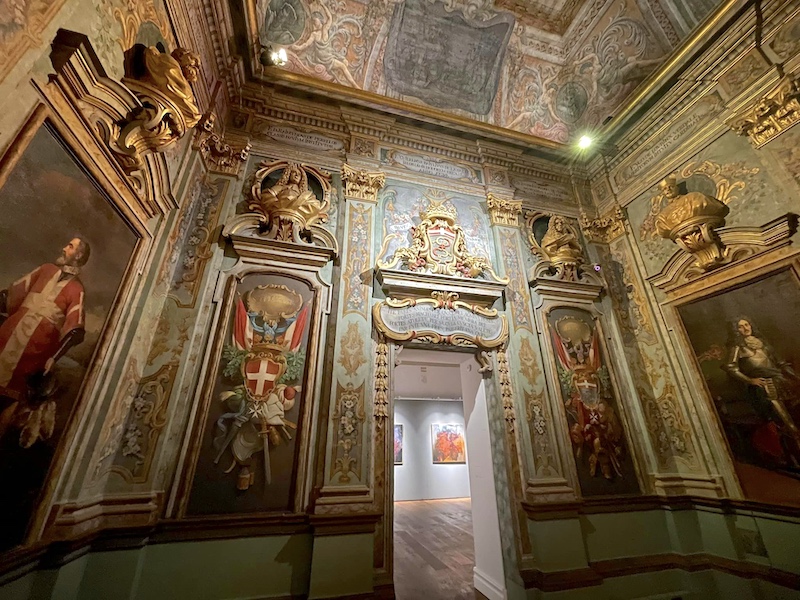
The Palazzo has different levels, like this part I call the dungeons. It’s the underground [Basement Vaults, refurbished wine cellars] where our exhibition will take place. An exhibition on bioart and other “futuristic” topics really looks good when you go underground. There’s this connection to the mysterious part of whatever that can be. Once you go underground you don’t know where you are, if it’s past or future!
Makery: What inspired the theme of the art show “RawCookedRotten”?
Dalila Honorato: A lot of proposals for the art show were very much connected with food. It was also a question of having some favorite anthropologists who have some great concepts that can be put together and probably work. “RawCookedRotten” are also words that sound really good, like the word RAW – you don’t know if it’s not cooked or almost like the ROAR of a lion!
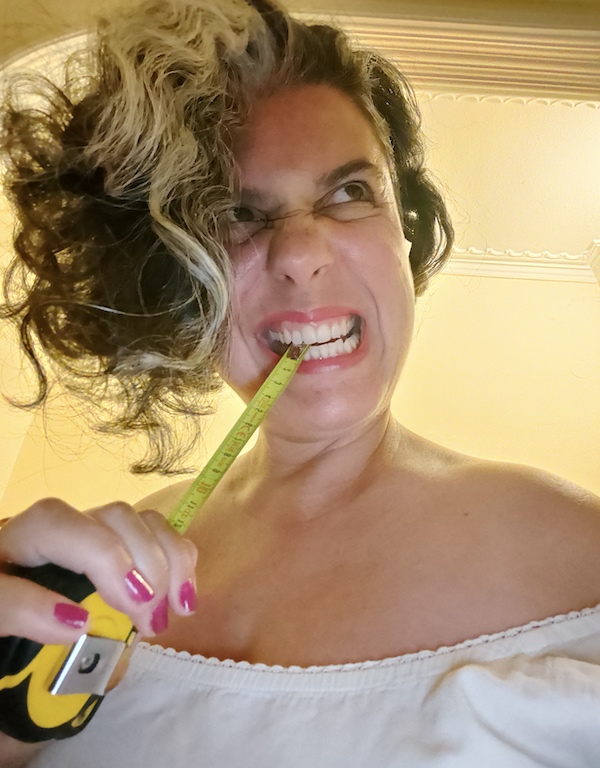
That opposition, that connection between being together around the table, eating in front of someone and daring to accept that there are other options in food, reflecting on what is the composition at the end… and also reflecting on who is eating what? That’s one of the main questions. Are we eating, are we being eaten, are we doing both things at the same time?
I hope that the exhibition gives people the chance to reflect a little bit more on that: coming out of the pandemic, reflecting on our own microbiome, reflecting on what is inside of us, who is controlling whom… We can talk for a long time about this. But I’m glad we included Claude Lévi-Strauss into the conversation.
Makery: Will there be food-based performances as well?
Dalila Honorato: On the last two days we have lunch time performances that challenge your lunch, the eating action, either by bringing spicy food to the table happening in front of you (Chili Pepper Pleasure: Performative Tasting Meditation) or by questioning what is eating in connection with flowers and disgust (Performing devouring politics by Marko Marković). So maybe it’s not advisable for more sensitive people to be there.
We’re trying to challenge your eating, and these overlapping things may not be the best thing for digestion. We will be providing lunch and coffee break to our attendants. We’re trying to offer something so that people will stay with us during this limited time and observe what is being done, while having your own food and maybe some sort of dysfunctional activity, because you’ll probably be watching something and eating something else.
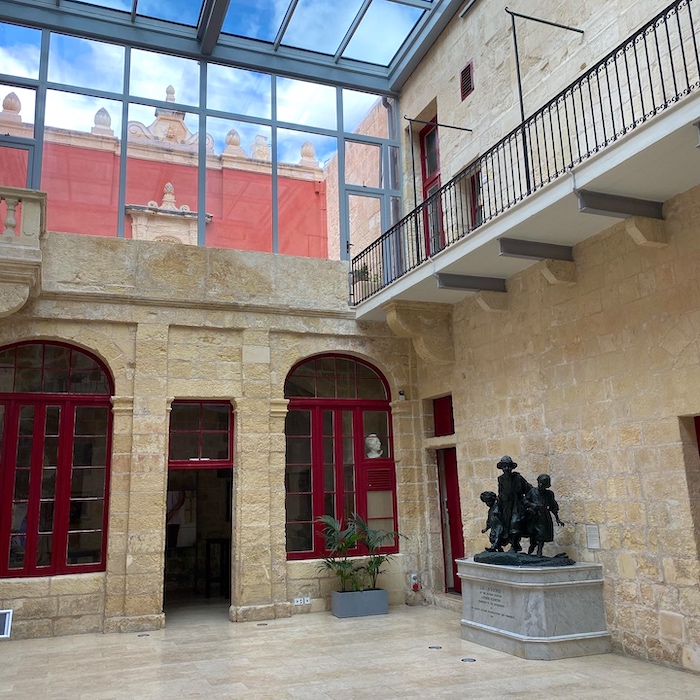
Makery: How do the TTT conference and the TTTlabs BioFeral.BeachCamps complement each other?
Dalila Honorato: We started as a conference back in 2016, the topics were always on the edge of what is art and science, and what are all the transgressions that can be made once you’re talking about self-experimentation, this sort of thing. That’s not very far away from this period of the Feral Labs.
We had both the TTT labs and the TTT fellows with guests. We see it more like the scientific method, where you have different stages, that have outputs, or some sort of observation and conclusion. So the feral camps are an opportunity to work more closely, and as case studies of whatever we are exploring during the TTT conferences.
The topics are identical, as this series is very much directed toward artificial reproduction. But we could think about topics involving TTT such as recycling, posthumanism, what is eco-death, other stages of life besides reproduction. This topic is very dedicated to what Adam Zaretsky is working on, as he is the artistic director after all, and he has this ability to challenge people and push them to those liminal spaces.
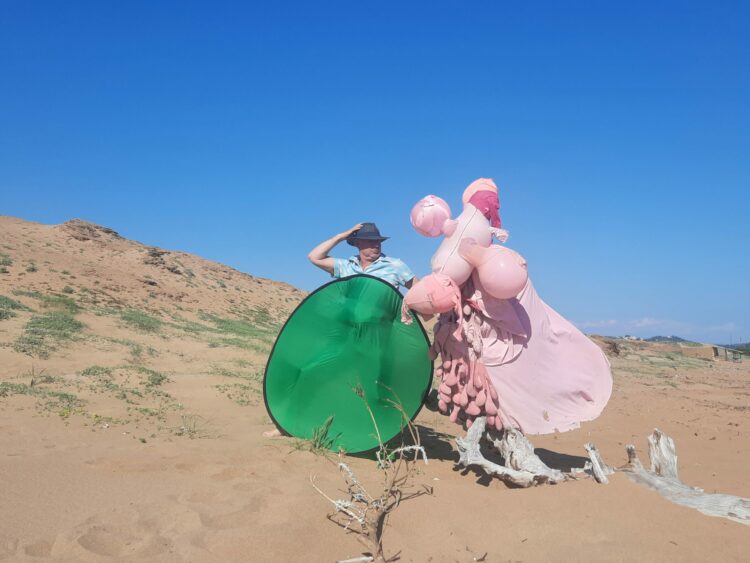
What we have in the conference, that we also had the opportunity to find in the camps, was this reunion between visual artists and performing artists. We had a group of 12 people being extensively challenged. As a role-playing game, what are the possibilities? Who can you be if you have one week to rethink what life is? To rethink what is possible for you if you were someone else, if you had the chance to experience life together with such an extraordinary group of people who were part of this camp?
Makery: How has the concept of “Taboo-Transgression-Transcendence” evolved since you first launched the TTT conference in 2016?
Dalila Honorato: There’s always this question mark about what Transcendence can be. Some people just don’t acknowledge the possibility of transcendence, but that’s another thing. I guess that’s their own taboo. It has been viewed almost like a cycle of things, like you might start with something that is the taboo that might be transgressed, and if adopted by a larger number of people it might bring some sort of transcendence of that taboo, and then again you go to another cycle of a new taboo, new need of transgression, new transcendence, new taboo.
Is this something that we’re still talking about? Yes. It seems that we do need taboos to make sure that we have some stability in life. Some things, we are told that they should not be done. Of course, in a specific time frame that might make sense, but as we rethink all our alternatives, we’re all Little Red Riding Hoods – we might just be rethinking the Wolf. And what is the path in this wood, and should we get off the path, that single path? Of course, yes. Otherwise there is nothing new being done.
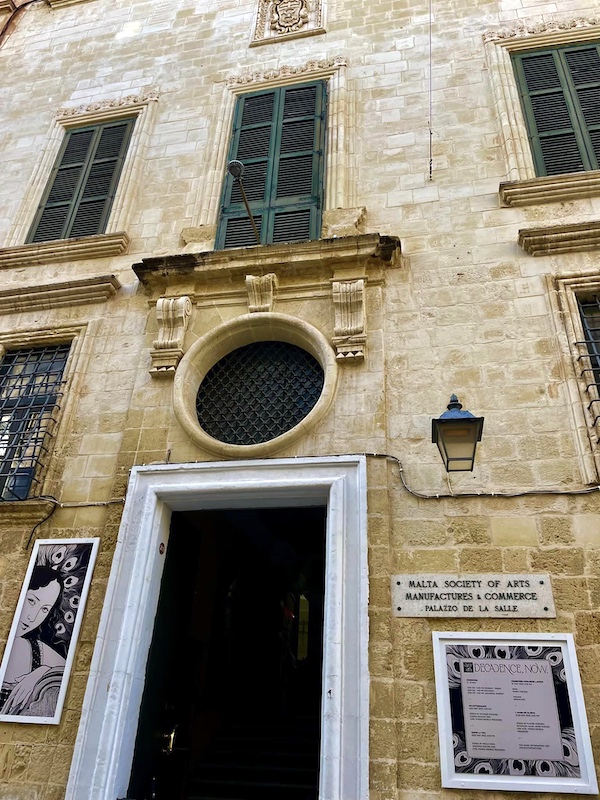
Makery: What are today’s taboos?
Dalila Honorato: When we started in 2016 we were more into topics of monstrosity in a very romantic gothic way, topics of the machine, adding parts to your own body, challenging the concept of the body as something that can be stronger, also reflecting on the genetic code. Although we had hints in the past about what is clean, what is dirt, we went through this hole called Pandemic and had to rethink what is this life inside of ourselves. It was already there: the microbiome, what is the parasite…?
So every time we just try to focus on or bring to light topics that are probably a little more connected with what we see in that year, or what may become more interesting to reflect on. I don’t think we’re very far away from what existed in 2016, but I do think that we are more conscious of the microscopic world, about how fragile is our society – how quickly ideology might change, and also how forgetful we are, of all the changes that might happen. If there is a big taboo at this point, that would probably be memory.
Read Makery’s report on TTTlabs BioFeral.BeachCamp 2023 in Corfu, Greece
Read Adam Zaretsky’s series of five speculative texts on the ethical and philosophical questions regarding contemporary biological research, written for Makery in 2021
